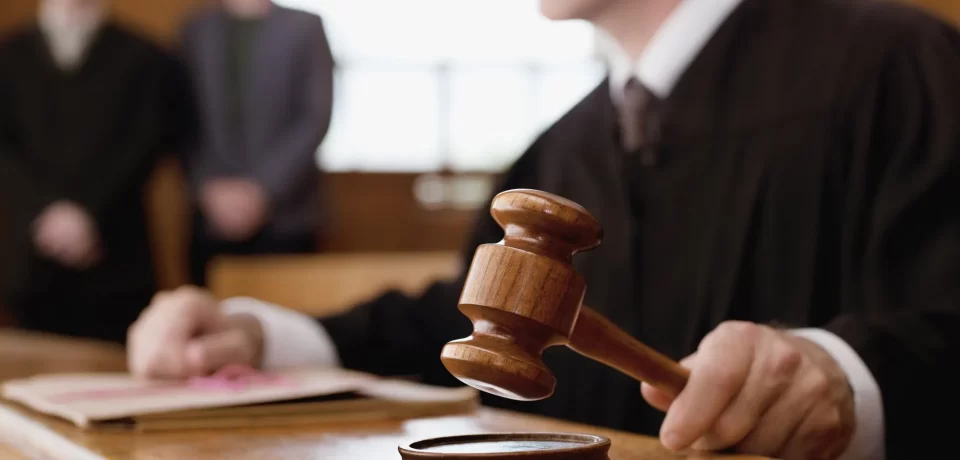You will probably be sent to neighborhood prison following your arrest for a crime and processing at the police station. The majority of the time, you’ll then have the option of being freed before your trial. At a bail hearing, the terms of your release are decided. Following an arrest, there are five methods to get freed from custody:
Make use of a local bail bondsman (discussed below). If you’re lucky, the judge may grant you pre-trial release, allowing you to leave without a bond until the next court date.
Proceedings
If your jurisdiction is one that participates, the court can grant you “pretrial release.” In cases when a criminal organizes for their parole through with a bail bondsman (or bond agent), who in turn pledges to pay the bail money to the court if the accused fails to show up for trial, you are expected to check with the court system with varied degrees of monitoring.
To get someone out of jail, the court has set bail. The accused (or a family member or friend) may seek the assistance of a bail bondsman if the sum of money required is too large for them to raise the whole amount of their bail. The name of the jail and the precise location where the offender is being held If you can, please acquire the person’s complete name and booking number. The bail sum that must be paid in order for the offender to be released from custody
Role of a Bondsman
The bond agent then provides the court with a surety bond to release the defendant once the bail bonding firm has been paid its fee. You won’t be forced to pay the bail bondsman any more cash as long as the defendant shows up to court as needed and doesn’t skip any court appearances.
The bail money that the bail bonding company granted the prisoner is kept by the court if they “skip bail”—that is, if they fail to show up for court. It is now the responsibility of the friends or relatives that co-signed the bail bond to pay the full bond sum.
